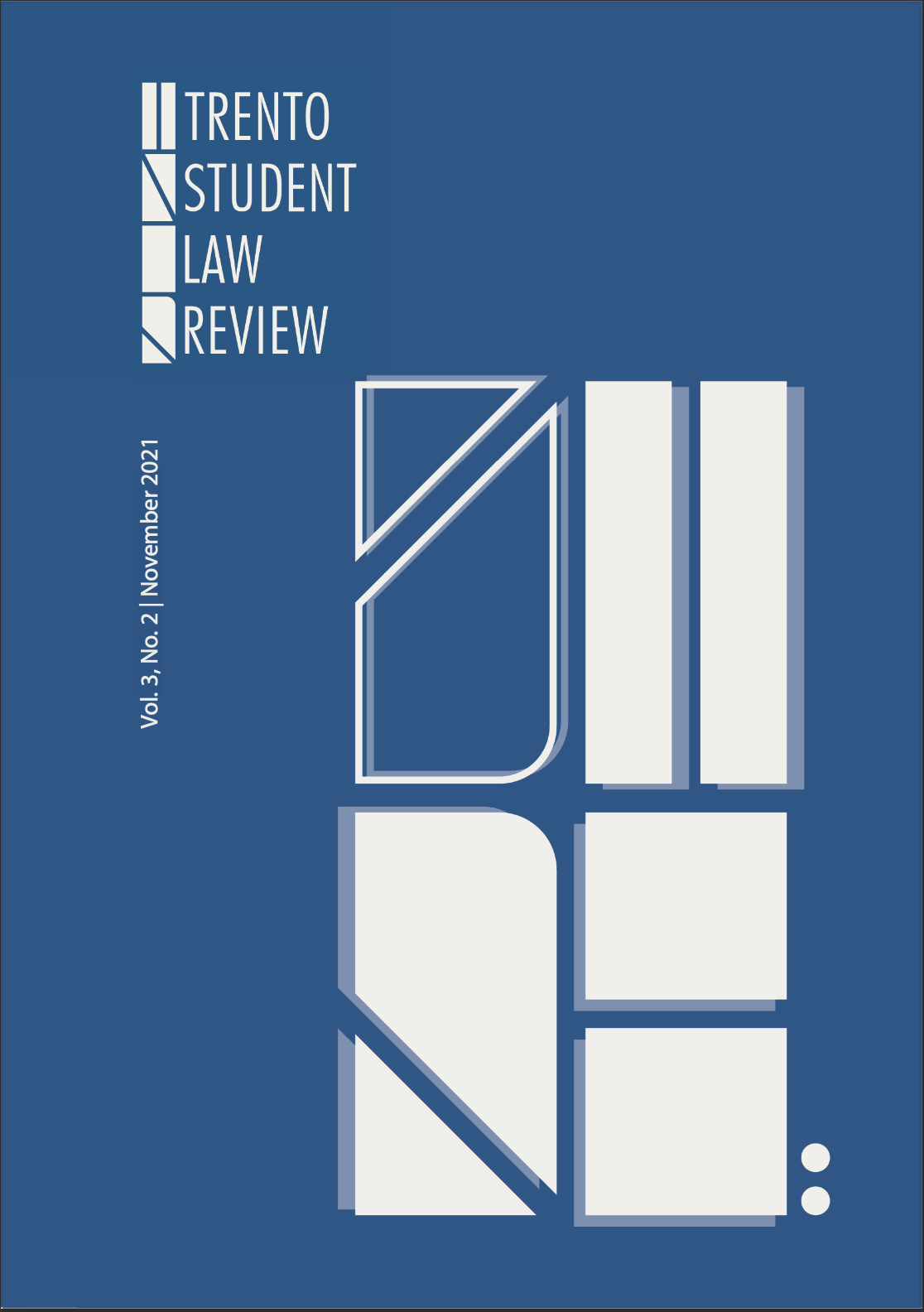Border Carbon Adjustment mechanisms and their (in) compatibility with WTO law
DOI:
https://doi.org/10.15168/tslr.v3i2.1767Abstract
The paper focuses on Border Carbon Adjustment (BCA) measures and their legality vis-à-vis the World Trade Organization (WTO) law. As measures limiting international trade, border carbon adjustments can conflict with WTO law, either representing a discriminatory trade measure or a quantitative or qualitative restriction. Nonetheless, mitigation of climate change is becoming increasingly warranted, making scholars more and more concerned with solutions that allow to harmonize carbon reduction measures and international trade, being also beneficial to the international market. The paper analyses the role of BCA measures in the multilateral trade relations among states, examining which provisions of the General Agreement of Tariffs and Trade (GATT) may be incompatible with them. It also focuses on the anatomy of those incompatibilities, to investigate whether and how BCA measures could be framed in compliance with WTO law, analyzing the role of WTO case law and GATT's exceptions on the matter.
Downloads
Published
How to Cite
Issue
Section
License
Copyright (c) 2021 Giulia Petrachi

This work is licensed under a Creative Commons Attribution-NonCommercial-ShareAlike 4.0 International License.
The copyright on the texts published in the Trento Student Law Review remains with the respective owners. The journal allows authors to retain publishing rights without restrictions.
The Trento Student Law Review is distributed under a Creative Commons license Attribution - Noncommercial - Share-alike 4.0 International (CC BY-NC-SA 4.0).





